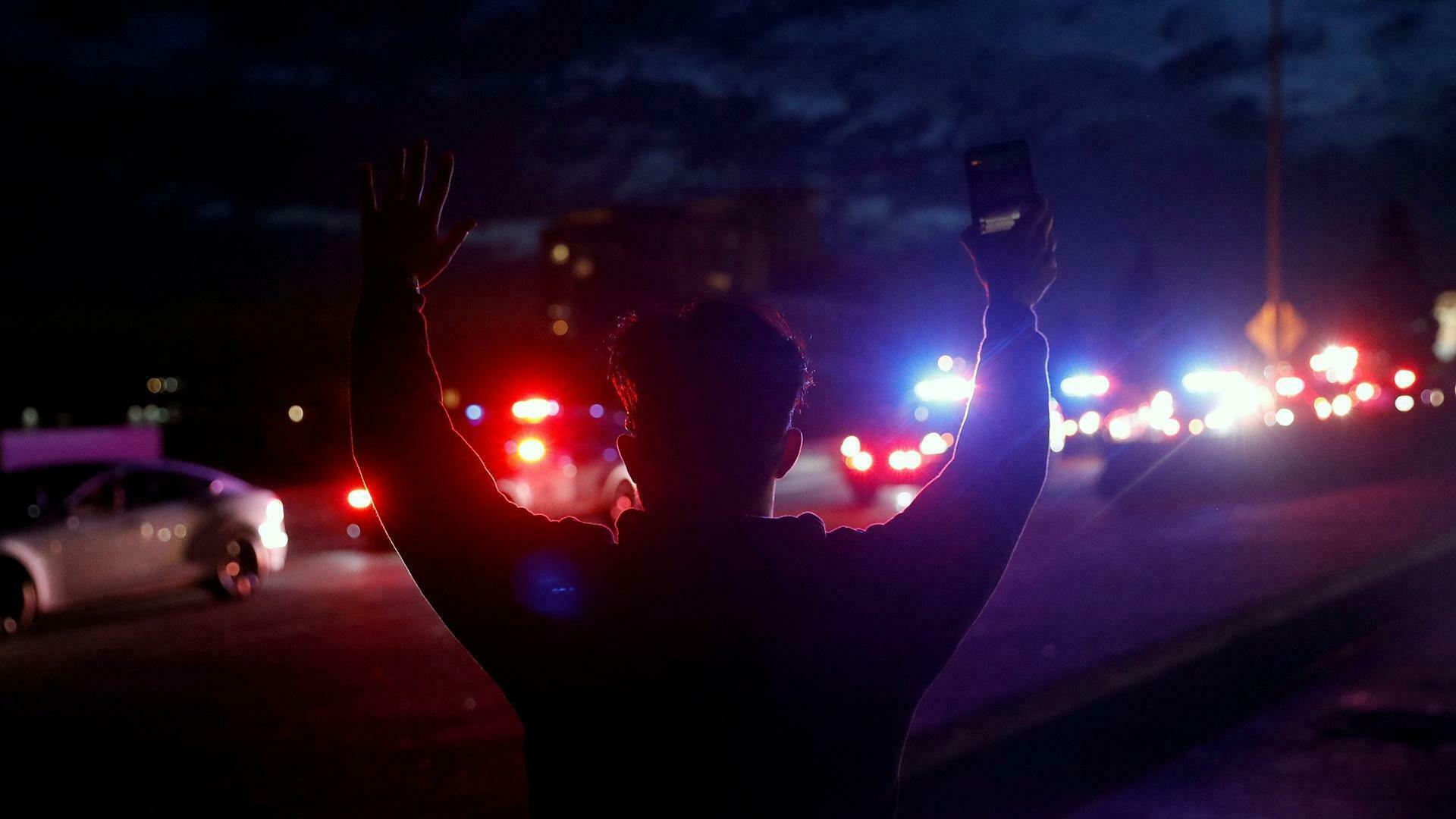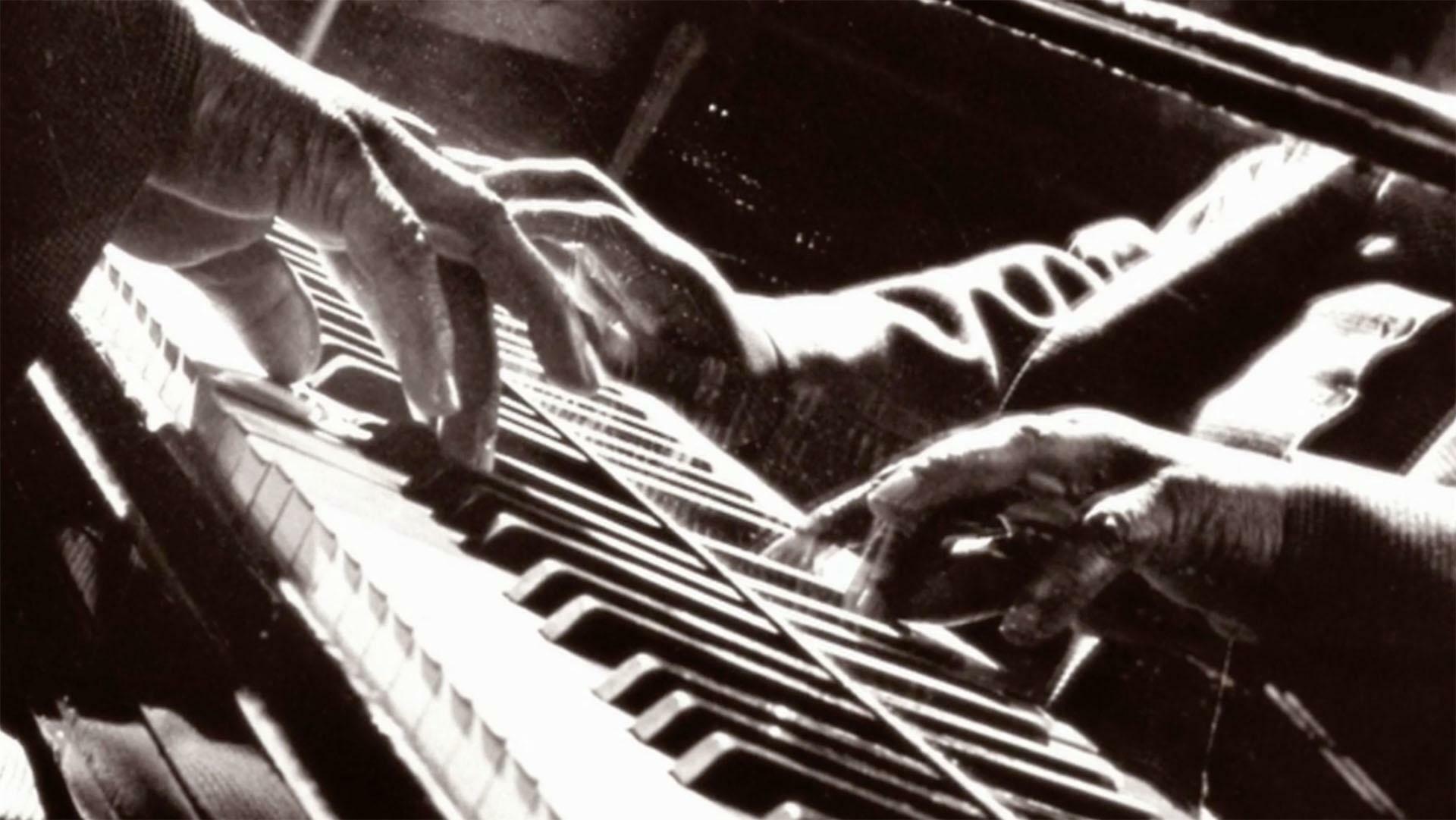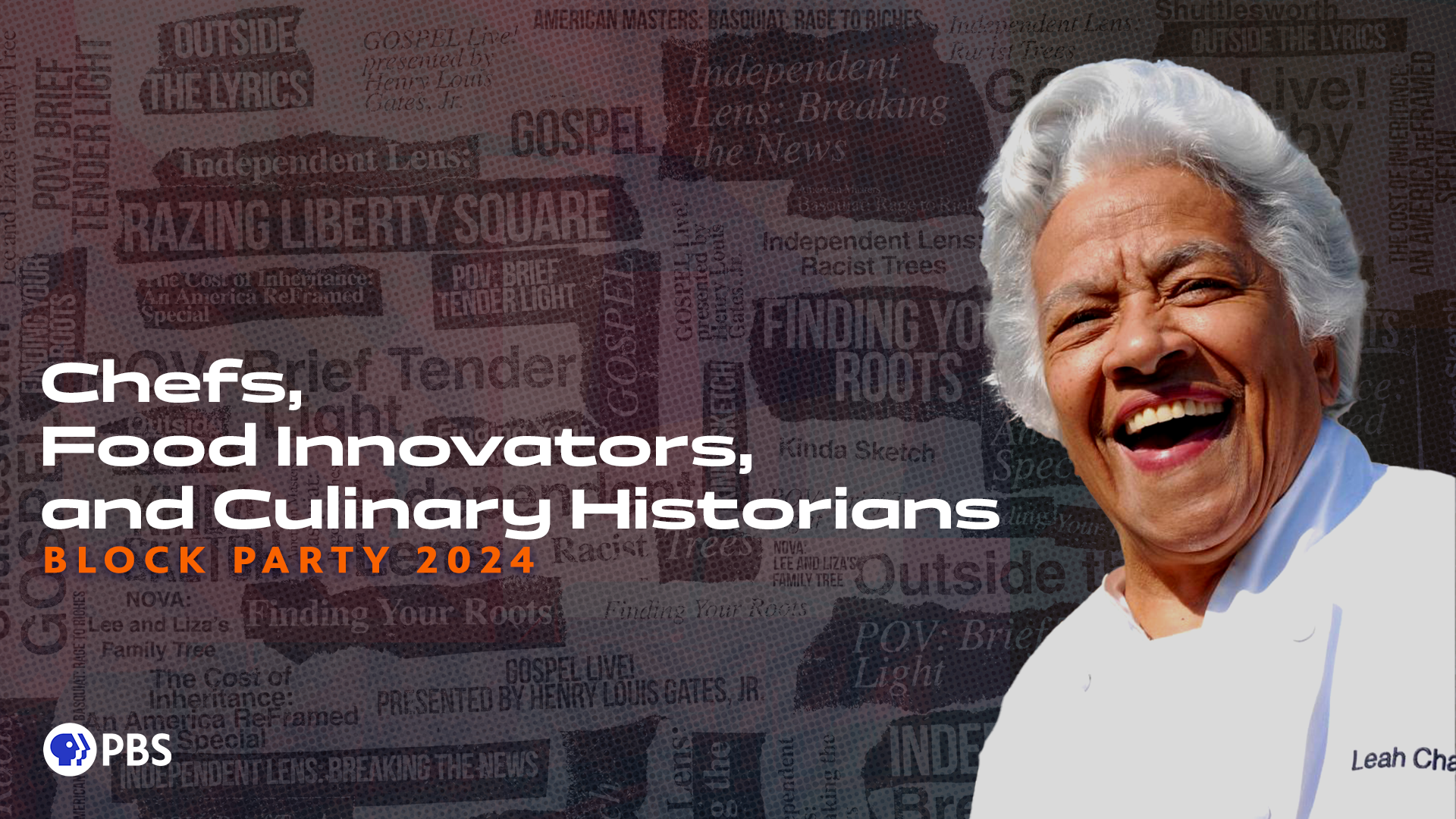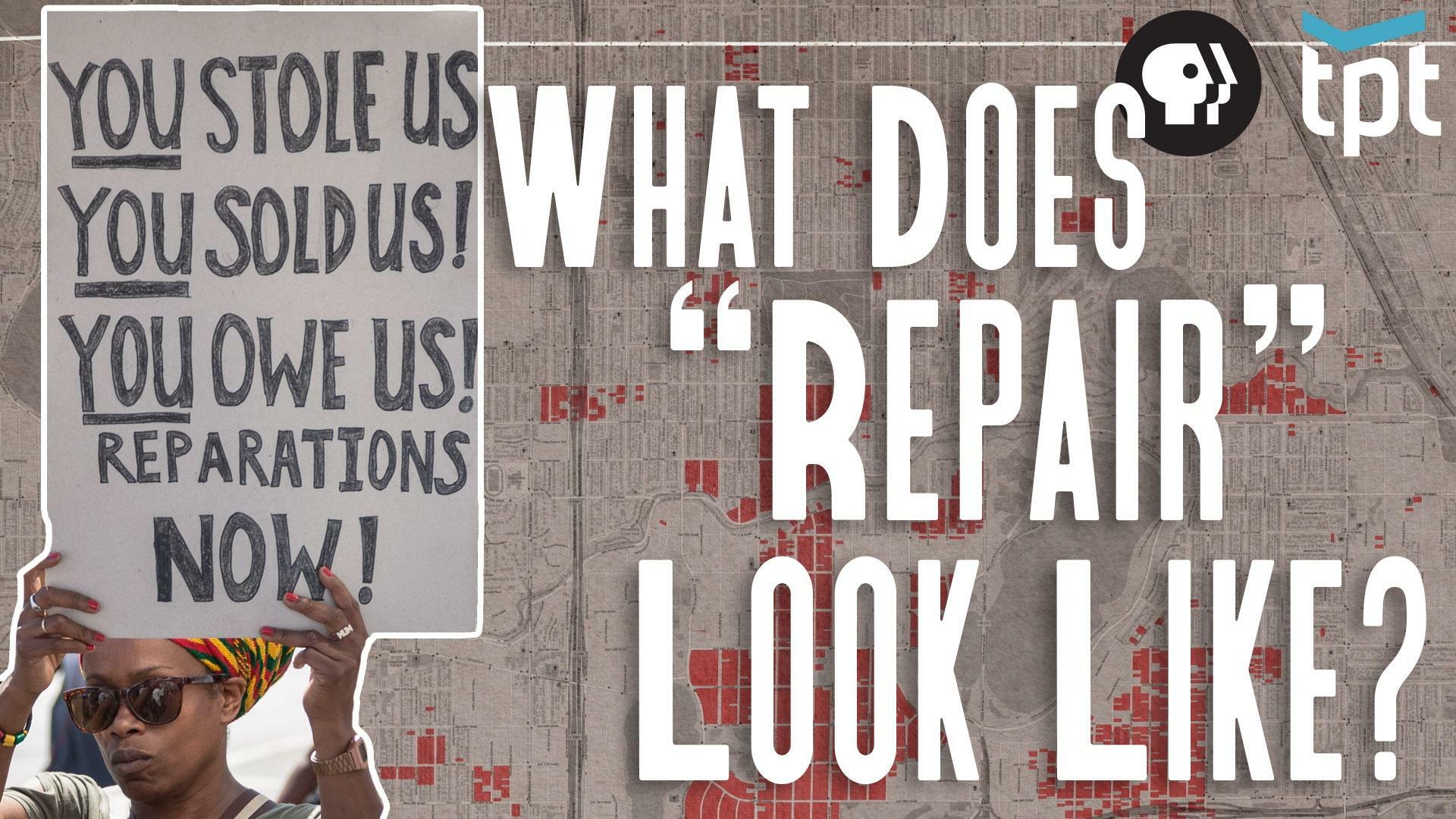Racism in America

Not too long ago, my family’s food order was delivered to the wrong address. Same numbers — but a different street. My 12-year-old son volunteered to go around the corner to pick up the food from our neighbor’s porch. As soon as he walked out of the door, I stopped breathing. After I didn’t see him coming around the corner after being gone for less than a minute my heart started racing. With sweaty palms, I grabbed my keys and got in the car to go find him. I didn’t exhale until I saw him walking down the street with two boxes of pizza without a care in the world. He was so confused as to why I was in the car.
"Mom … I just went around the corner, what’s wrong?"
I stared at my son, looking at the locs in his hair and the skin that was darker than any of his friends’ in the neighborhood and I lied and said, "Nothing’s wrong. I was just really hungry." We started laughing and went back to the house. Yesterday he learned about Ralph Yarl. Now he knows the truth.
On April 16, a 16-year-old boy was shot and wounded by a homeowner after he went to the wrong home to pick up his siblings in Kansas City, Missouri, police said. Ralph Yarl was "shot twice and struck in the head and arm,” his family's attorney said in a statement. Protestors took to the streets in Missouri following the incident, chanting “justice for Ralph” and “Black lives matter." They carried signs reading, “Ringing a doorbell is not a crime” and “The shooter should do the time."
The homeowner was taken into custody and placed on a 24-hour hold. They were later released while police work to get a victim statement and gather more forensic evidence.
Additionally this week, an Ohio grand jury declined to indict eight police officers who fired multiple rounds in the 2022 shooting death of Jayland Walker, a 25-year-old Black man, the state’s attorney general announced April 17. The Attorney General's office said the officers were under threat because Walker had fired a gunshot at them during a car and foot chase.
Walker’s death last June sparked protests in Akron, Ohio after police released body camera footage showing him dying in a slew of gunfire. Police said Walker refused to stop when they tried to pull him over for minor equipment and traffic violations and fired a shot from his car 40 seconds into the pursuit.
Walker’s death received attention from activists, including from the family of the Rev. Martin Luther King Jr. The NAACP and Walker’s family attorney called on the Justice Department to open a federal civil rights investigation.
Earlier this year, three men who were sentenced to life in prison for the killing of Ahmaud Arbery were also found guilty of federal hate crimes. The father and son who armed themselves and initiated the pursuit were denied any chance of parole. The life sentences were announced after Kyle Rittenhouse was found not guilty in the fatal shooting of two men during protests in Kenosha in 2020.
George Floyd’s dying under Derek Chauvin’s knee led to the biggest outcry against racial injustice in the U.S. in generations. People across the country continue to call for justice in the killings of Daunte Wright, Rayshard Brooks, Daniel Prude, Breonna Taylor and many others. The case of the three white men accused of killing Arbery while he was jogging last year in Georgia drew national attention as well. Some states have been actively updating their policing protocols over the past year but the growing list of deaths is evident that, as a country, we still have a long way to go.
We’re continuing our commitment to highlight content that will continue the conversation, add historical context to these issues and enable change. Below you will find programs that profile police departments, specials that detail conversations parents of color have with their children, documentaries that cover the treatment of African Americans since slavery and films that shed light on both past and current civil rights activism.
These offerings are resources for everyone, regardless of race, to educate themselves on all of the ways inequality in America shows up in everyday life. We will update this page as programs become available for streaming online and on the PBS Video App. Check local listings for broadcast times.
Slavery By Another Name
Policing the Police
Race Matters: America After George Floyd | A PBS NewsHour Special
The Conversation Remix: Learning to Breathe
Struggle & Hope
Support your local PBS station in our mission to inspire, enrich, and educate.
From PBS Digital Studios
Reconstruction: America After the Civil War
This 4-part film from Professor Henry Louis Gates, Jr., explores the transformative years following the American Civil War, when the nation struggled to rebuild itself in the face of profound loss, massive destruction, and revolutionary social change. The twelve years that composed the post-war Reconstruction era (1865-77) witnessed a seismic shift in the meaning and makeup of our democracy.


